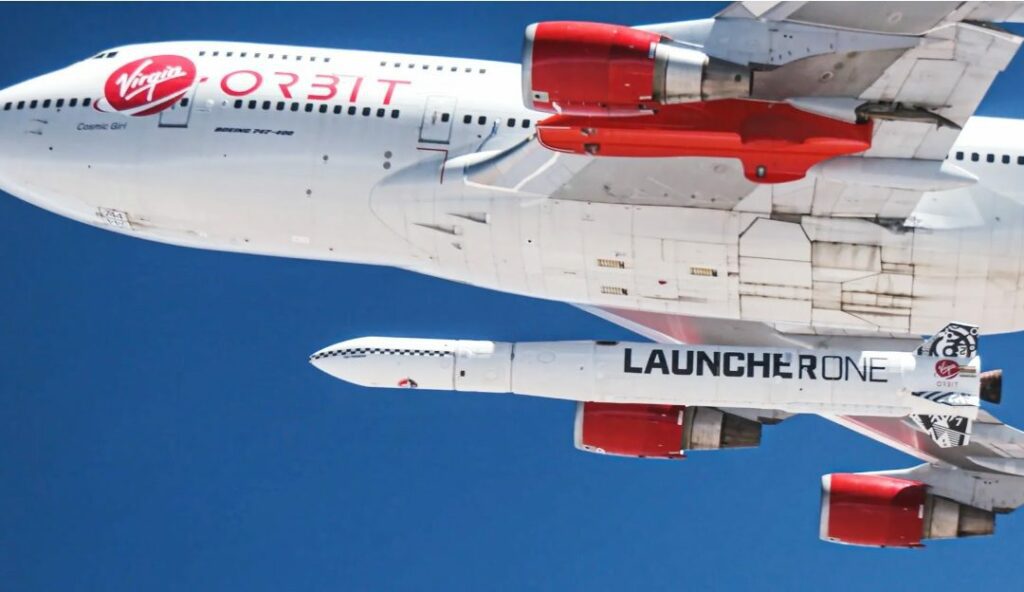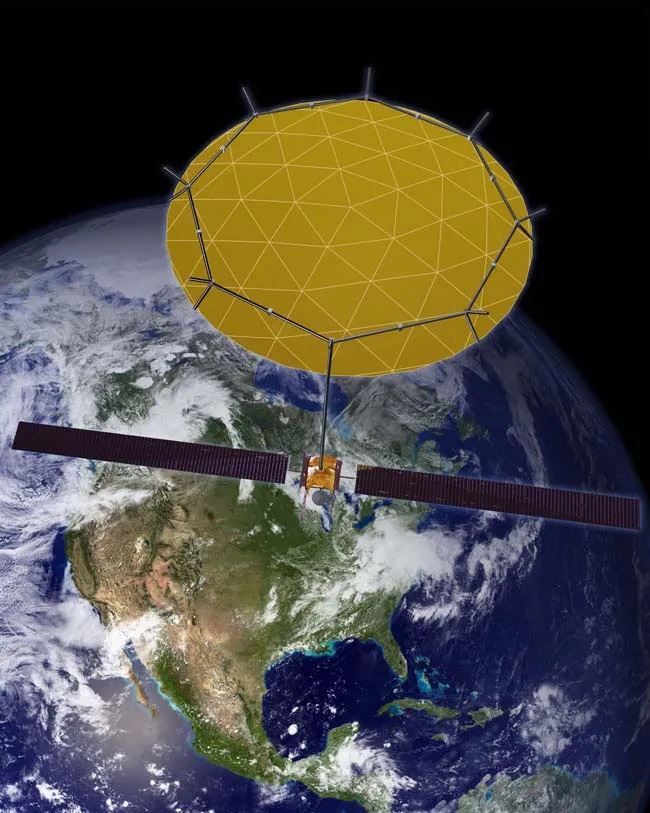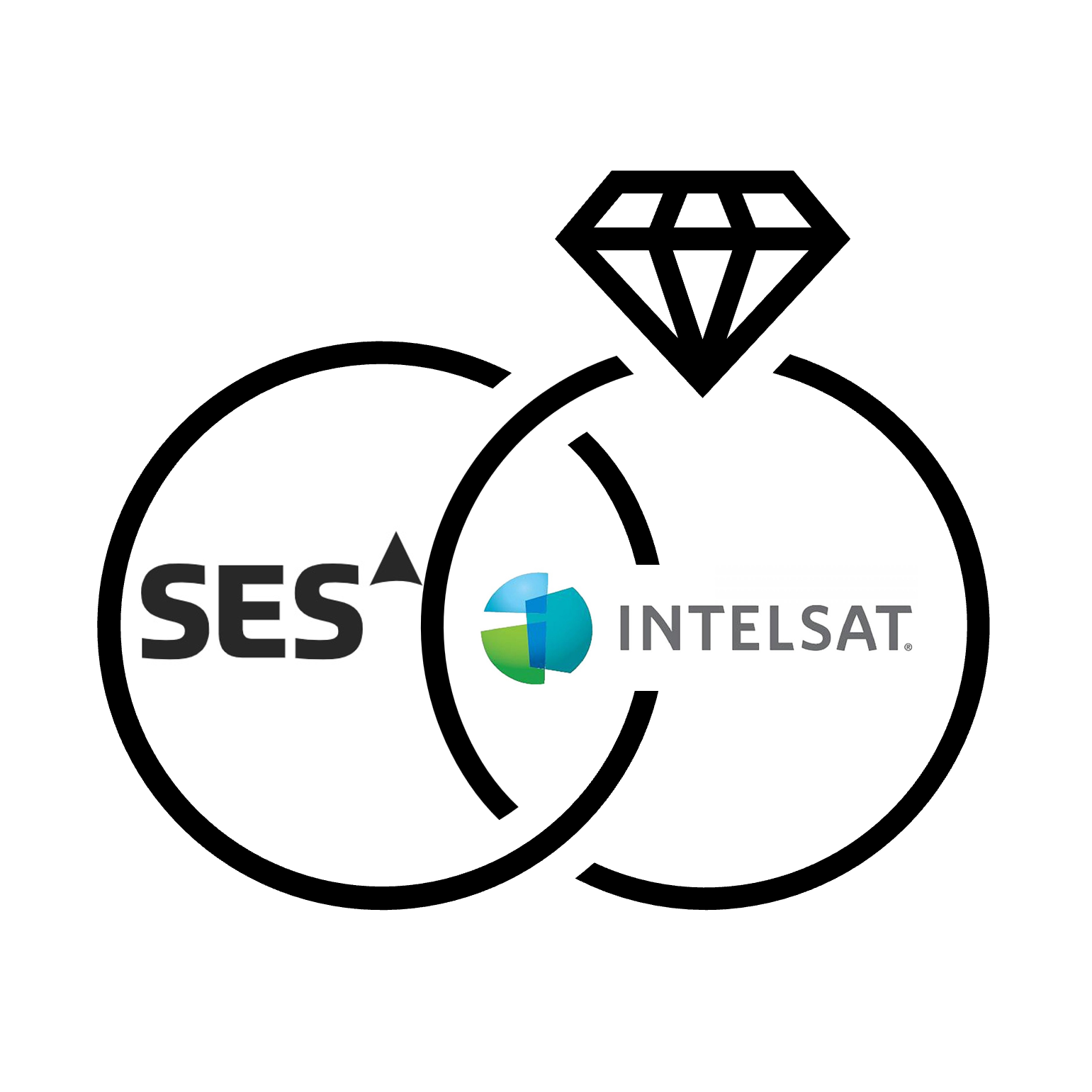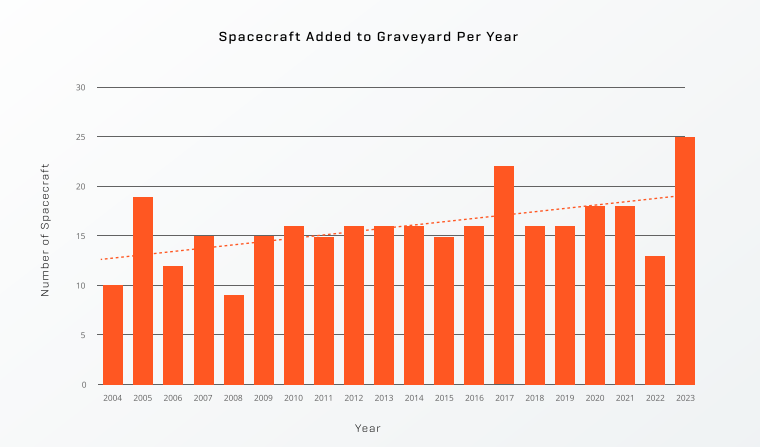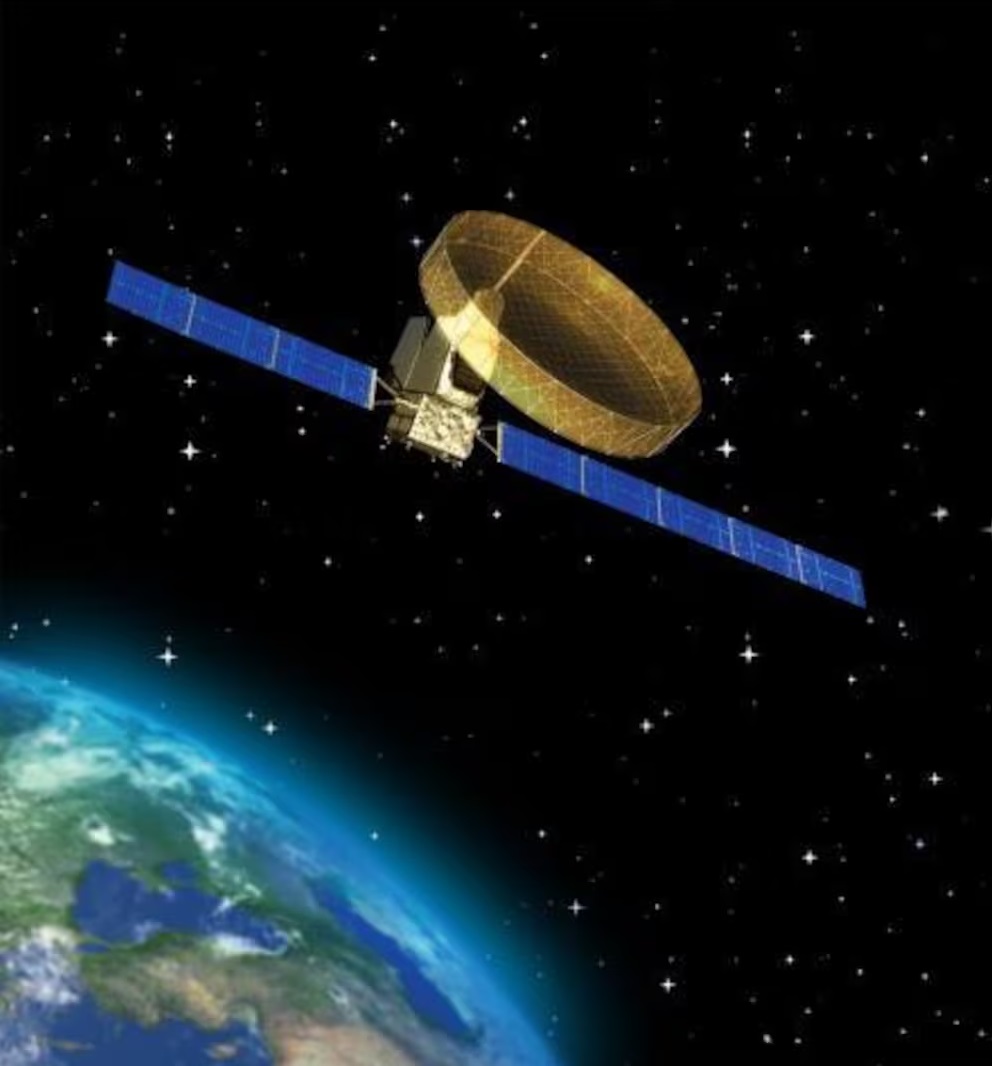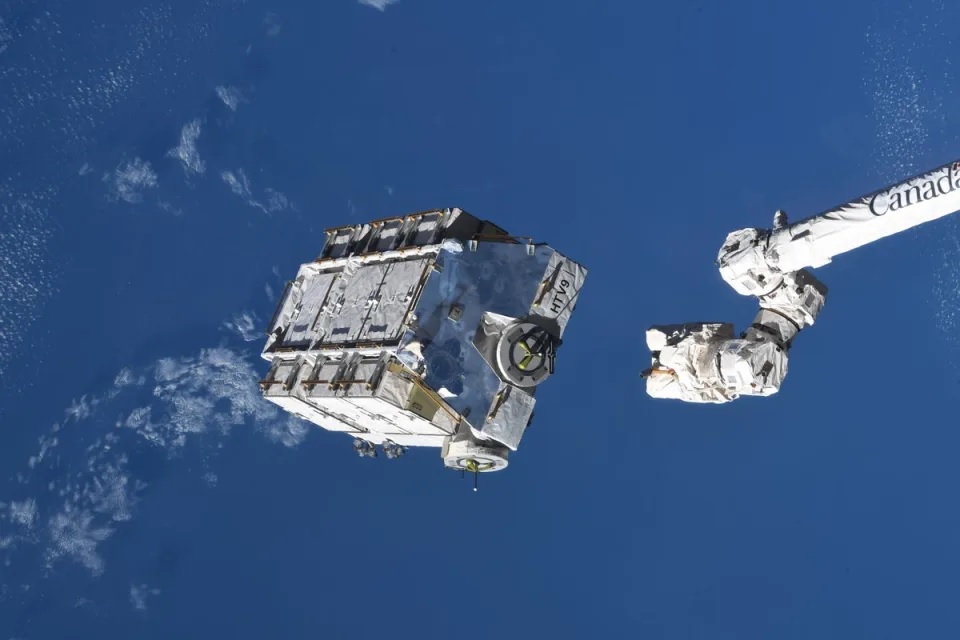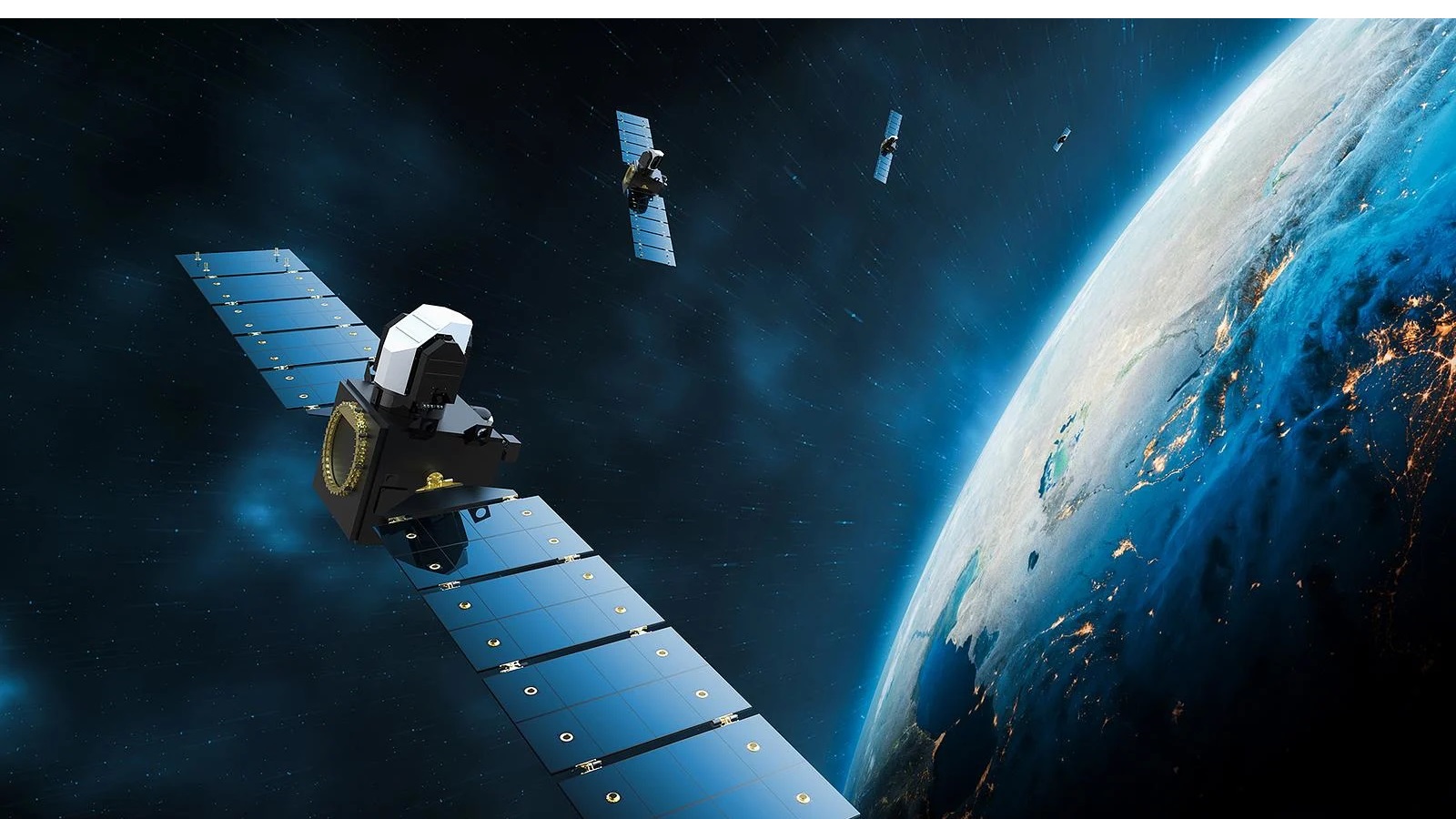The Sir Richard Branson initiated Virgin Orbit project, having been in bankruptcy protection, is now formally at an end with the sale of its assets being announced. The four-engine Boeing 747-400 carrier aircraft, dubbed Cosmic Girl, has been bought by Stratolaunch for US$17 million. It will be used for air launches of lighter hypersonic flight vehicles, leaving its larger six-engine Roc aircraft for heavier loads.
RocketLab is purchasing the lease for Virgin Orbit’s newly built headquarters in Long Beach, California, with a view to using the 144,000-plus square foot facility to produce its new Neutron launch vehicle. The company said its successful bid of approximately $16.1 million included the lease of the HQ and manufacturing complex, as well as certain production assets, machinery and equipment.
The Vast-owned launch technology company Launcher has bid US$2.7 million for the lease of engine testing facilities and the hangar, and the purchase of machinery at the Mojave airstrip in California. It plans to continue development of its E-2 rocket engine there.
There appear to be no takers for the LauncherOne launch vehicle with a view to operating it. While the UK government previously saved OneWeb, which turned out to be wise bet, it declined to save Virgin Orbit – presumably because vertical launch entities will be able to offer UK-based launches to space for both defence and commercial interests.
This ends the immediate potential for horizontal orbital launches from Spaceport Cornwall based at Newquay, which hosted the failed final flight of Virgin Orbit LauncherOne, the first orbital attempt from UK soil, in January. It was announced during May that Melissa Quinn, the head of Spaceport Cornwall, was stepping down from her role.
The final Virgin Orbit launch failure, while relatively minor (a loose filter was found to have blocked a stage 2 engine), in effect, became the straw that broke the financial back of the cash-strapped Virgin Orbit company.
UK-based orbital launches are likely to continue in vertical launch guise from Sutherland Spaceport, in Northern Scotland, and from Saxaford Spaceport in Unst in the Shetland Islands.
Comment by David Todd: In many ways the Virgin Orbit operation was more admirable than its much-delayed Virgin Galactic suborbital stablemate, from which it was spun off. However, a key difference between the two was that Virgin Galactic has a cash mountain on which to survive – partly derived from would-be passenger (officially “spaceflight participant”) bookings – while Virgin Orbit did not. It could have had a future if it had generated enough cash in time via regular launches. It was slowly gaining an order book and looked forward to booking a lot of cash-generating military launches. But it ran out of cash before the US Cavalry arrived. Nevertheless, it remains surprising that no company wanted to take over Virgin Orbit entirely. Adding up what Virgin Orbit’s assets sold for – a total of around US$36 million – and assuming 12 launches a year, with a profit of say US$1 million on each US$12 million launch, it would not take long to pay this off. The problem was, presumably, that the US$12 million launch price tag would be under severe competitive pressure very shortly as new small launch vehicles came to market.

